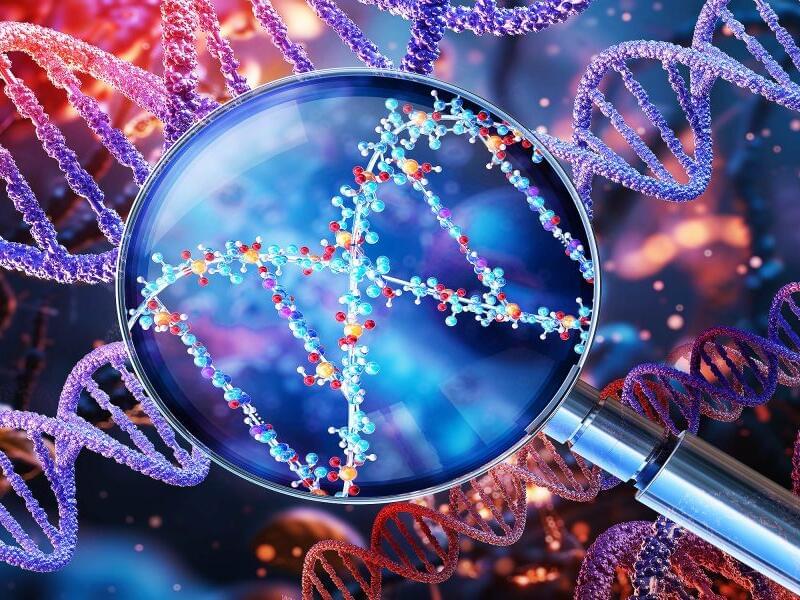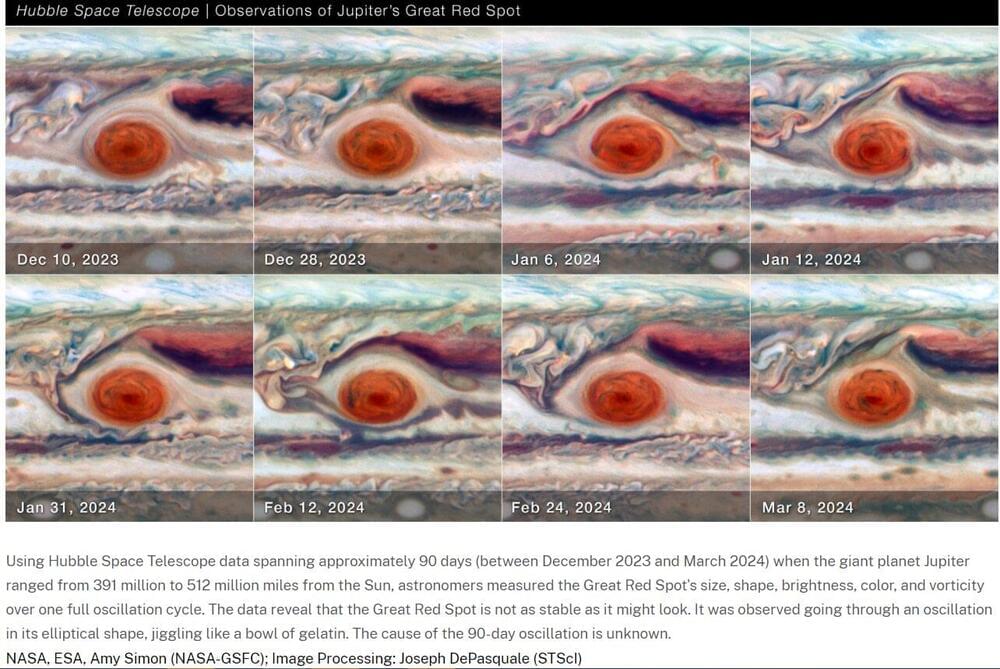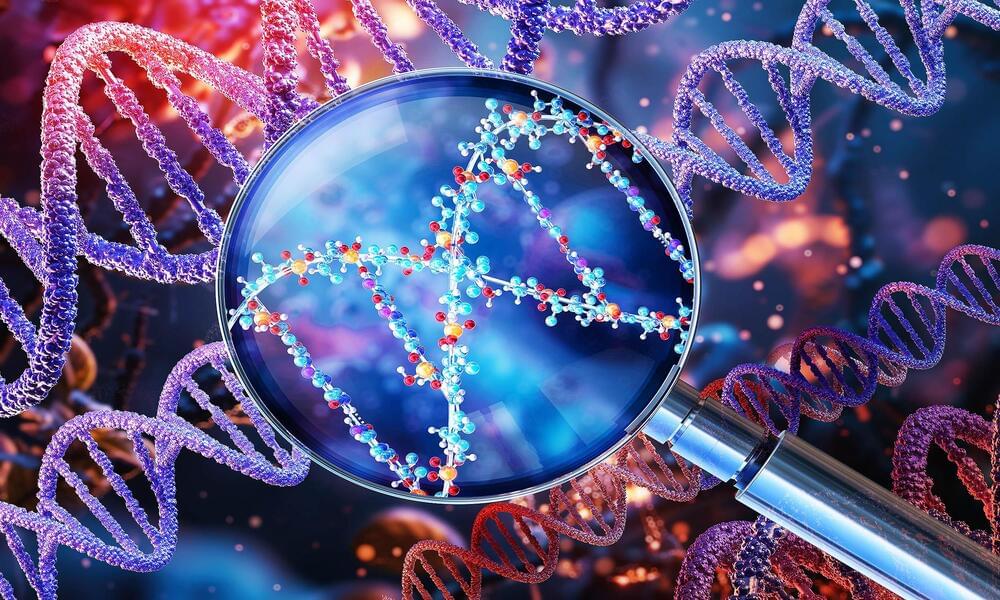
Researchers tracked the health of nearly one thousand mice on a variety of diets to see if these diets would extend the mice’s lifespan. The study was designed to ensure that each mouse was genetically distinct, which allowed the team to better represent the genetic diversity of the human population. By doing so, the results are made more clinically relevant, elevating the study to one of the most significant investigations into aging and lifespan to date.
For nearly a century, laboratory studies have shown consistent results: eat less food, or eat less often, and an animal will live longer. But scientists have struggled to understand why these kinds of restrictive diets work to extend lifespan, and how to best implement them in humans. Now, in a long-awaited study to appear in the Oct. 9 issue of Nature, scientists at The Jackson Laboratory (JAX) and collaborators tracked the health of nearly one thousand mice on a variety of diets to make new inroads into these questions.
The study was designed to ensure that each mouse was genetically distinct, which allowed the team to better represent the genetic diversity of the human population. By doing so, the results are made more clinically relevant, elevating the study to one of the most significant investigations into aging and lifespan to date.


















